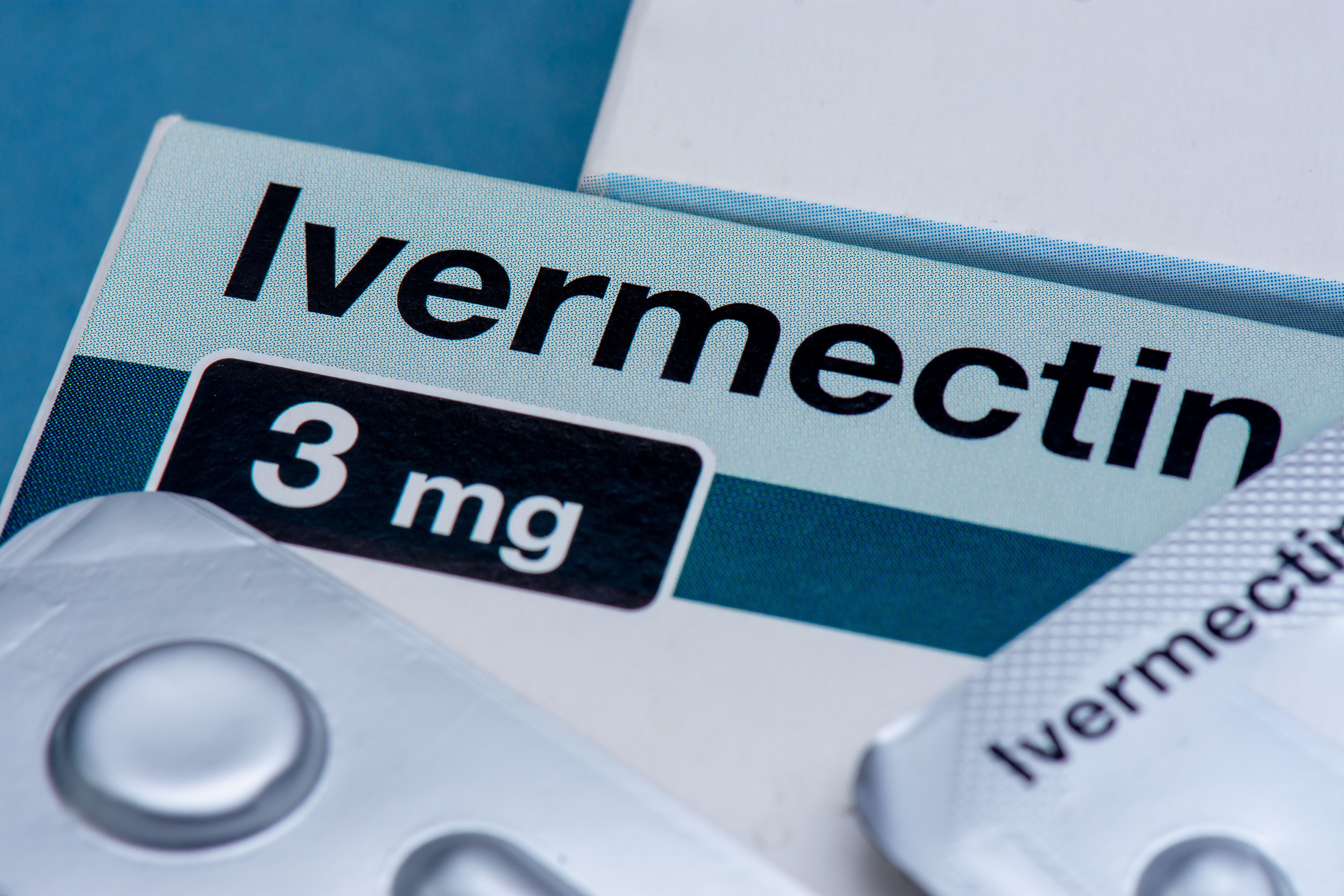Article
NACDS Endorses Bipartisan Senate Bill to Expand MTM Services for Seniors
March 15, 2013
NACDS Applauds Leadership of Bill Sponsors U.S. Sens. Kay Hagan, Pat Roberts, Sherrod Brown, Al Franken, Tim Johnson, Amy Klobuchar
Washington, D.C. — The National Association of Chain Drug Stores (NACDS) today applauded the introduction of S. 557, the Medication Therapy Management Empowerment Act of 2013, introduced yesterday by U.S. Sens. Kay Hagan (D-NC) and Pat Roberts (R-KS), along with the support of original cosponsors U.S. Sens. Sherrod Brown (D-OH), Al Franken (D-MN), Tim Johnson (D-SD) and Amy Klobuchar (D-MN). This pro-patient, pro-pharmacy bipartisan legislation seeks to expand access to MTM services for senior citizens enrolled in the Medicare program.
“NACDS appreciates the leadership of Sens. Hagan and Roberts in spearheading this commonsense legislation, as well as the support of original cosponsors Sens. Brown, Franken, Johnson and Klobuchar. This bill can help patients understand the importance of taking their medications as prescribed,” said NACDS President and CEO Steven C. Anderson, IOM, CAE. “Innovative pharmacy services such as MTM help to improve patient health and healthcare affordability, especially for those suffering from chronic conditions such as diabetes, hypertension, asthma and other conditions.”
"Medication Therapy Management is the type of commonsense, fiscally responsible program that should be expanded to benefit more seniors," said Sen. Hagan. "In North Carolina, this program has saved tens of millions of dollars, but more importantly, it has helped keep seniors healthy. I will continue working with my colleagues on both sides of the aisle to expand this program to more seniors so that we can keep improving health outcomes without increasing health costs."
“We have recognized the value of pharmacists in the health system for many years. They are especially valuable for our Kansas communities, and can sometimes be the only health provider in our rural towns.” said Sen. Roberts. “MTM is an important tool in the pharmacists tool box for many patients but which can be critical for those suffering from chronic conditions. The Medication Therapy Management Empowerment Act gives patients access to valuable counseling and management for their conditions, and takes the essential steps to guarantee what we already know: that MTM will save the system money while providing higher quality care for patients. I urge my colleagues to support this bipartisan legislation.”
Medication therapy management (MTM) is a professional service offered by pharmacists and other qualified health practitioners that helps ensure medications are taken appropriately to help improve health, reduce the risk of adverse events, and help control healthcare costs. Congress created the MTM benefit under the Medicare Modernization Act of 2003 for Medicare beneficiaries by requiring MTM services for patients on multiple medications suffering from chronic conditions or diseases.
Health policy research group NEHI cites that only 50 percent of patients take their medications properly as prescribed by their doctor, which costs the nation more than $290 billion annually in avoidable health spending annually.
With increasing focus on patient-centered pharmacy education and growing recognition for pharmacists’ for their medication expertise, MTM has been advanced substantially.
The Centers for Medicare & Medicaid Services (CMS) recently released a
showing that in comparison to Medicare beneficiaries with chronic obstructive pulmonary disease (COPD) or congestive heart failure (CHF) who did not receive any MTM services in 2010, those who were enrolled in MTM programs — particularly those who received annual comprehensive medication reviews – experienced significant improvements in the quality of their drug regimens and costs were saved.
In addition, last November the Congressional Budget Office (CBO) released a
which found that after reviewing recent research, CBO “estimates that a 1 percent increase in the number of prescriptions filled by beneficiaries would cause Medicare’s spending on medical services to fall by roughly one-fifth of 1 percent.” In real world terms, CBO's analysis means that nationwide, a one percent increase in overall prescription drug utilization would lead to an overall decrease of $1.7 billion in overall healthcare costs, or a savings of $5.76 for every person in the U.S.
“Pharmacists are widely trusted healthcare professionals with extensive education. They are trained medication specialists who work collaboratively to help patients use medicines safely and stay healthy,” said Anderson. “This legislation will go a long way in helping to further pharmacists’ ability to help improve patient health and make healthcare more affordable.”
On March 6, U.S. Rep. Cathy McMorris Rodgers (R-WA) introduced companion
to the Senate bill in the House of Representatives. The bipartisan bill was also sponsored by U.S. Reps. Ron Kind (D-WI), Lee Terry (R-NE) and Bruce Braley (D-IA).
Newsletter
Stay informed on drug updates, treatment guidelines, and pharmacy practice trends—subscribe to Pharmacy Times for weekly clinical insights.

FDA Grants Full Approval to mRNA-1273 COVID-19 Vaccine in Children At Increased Risk




